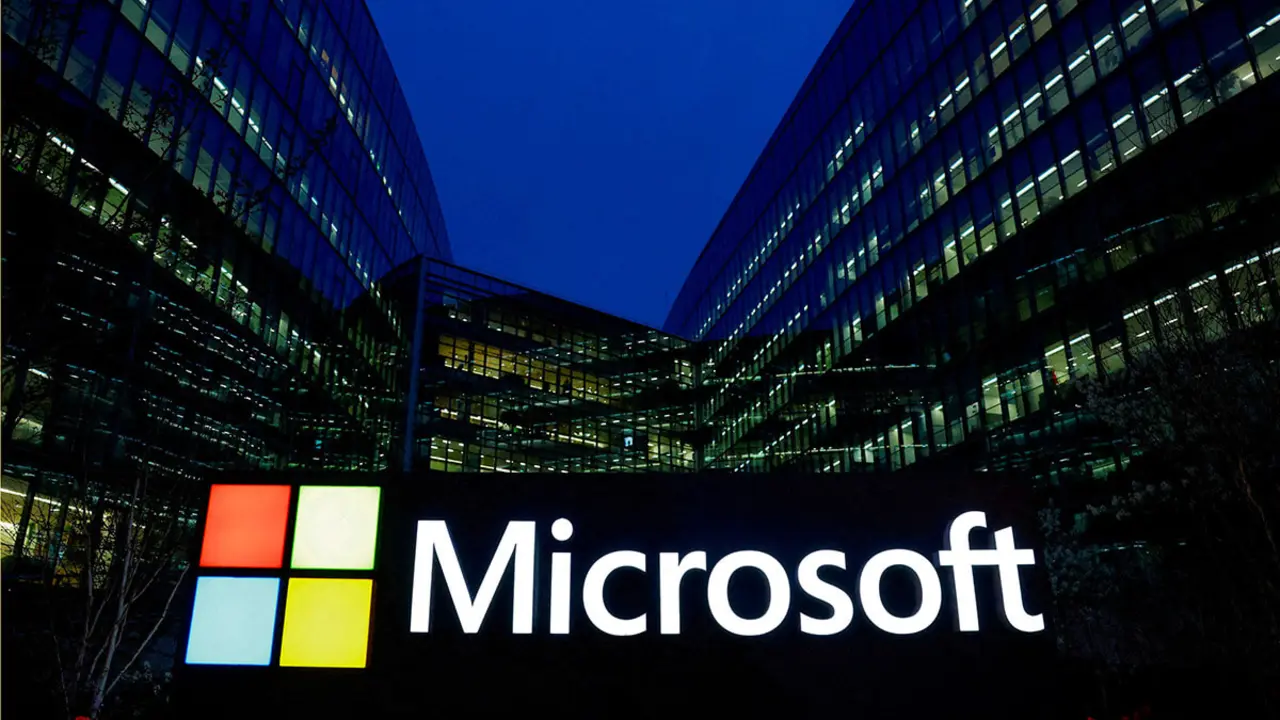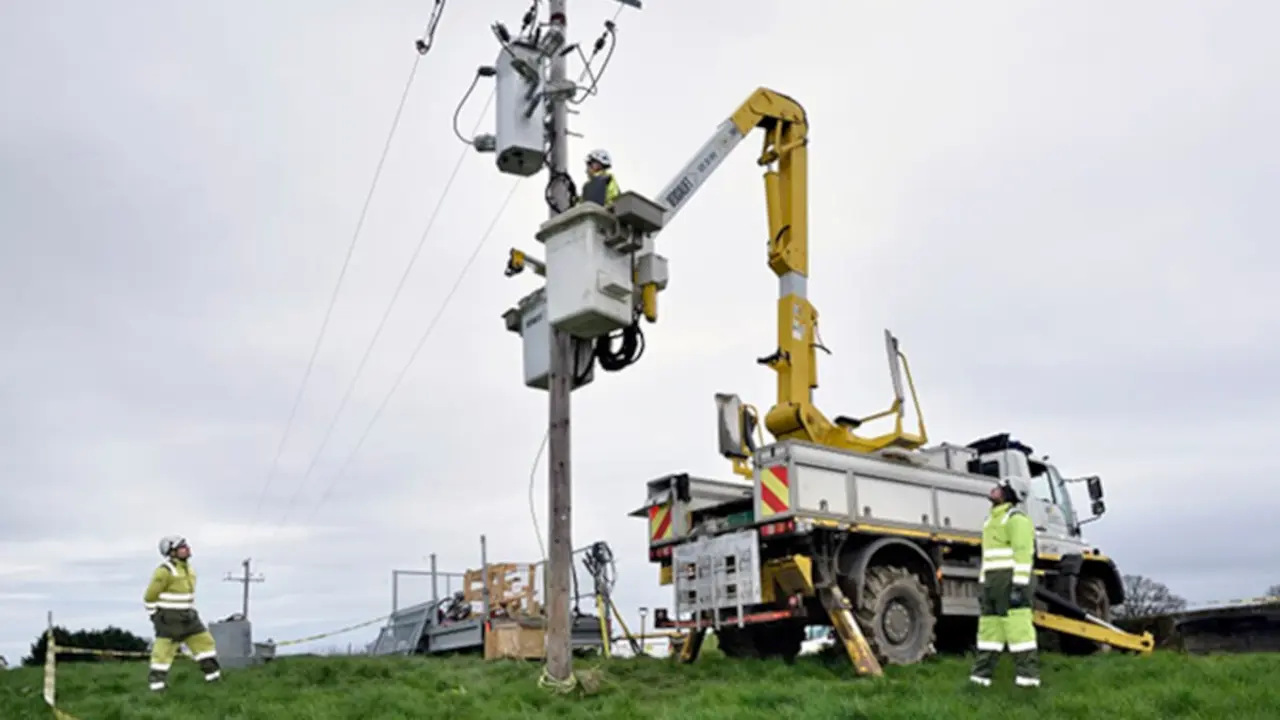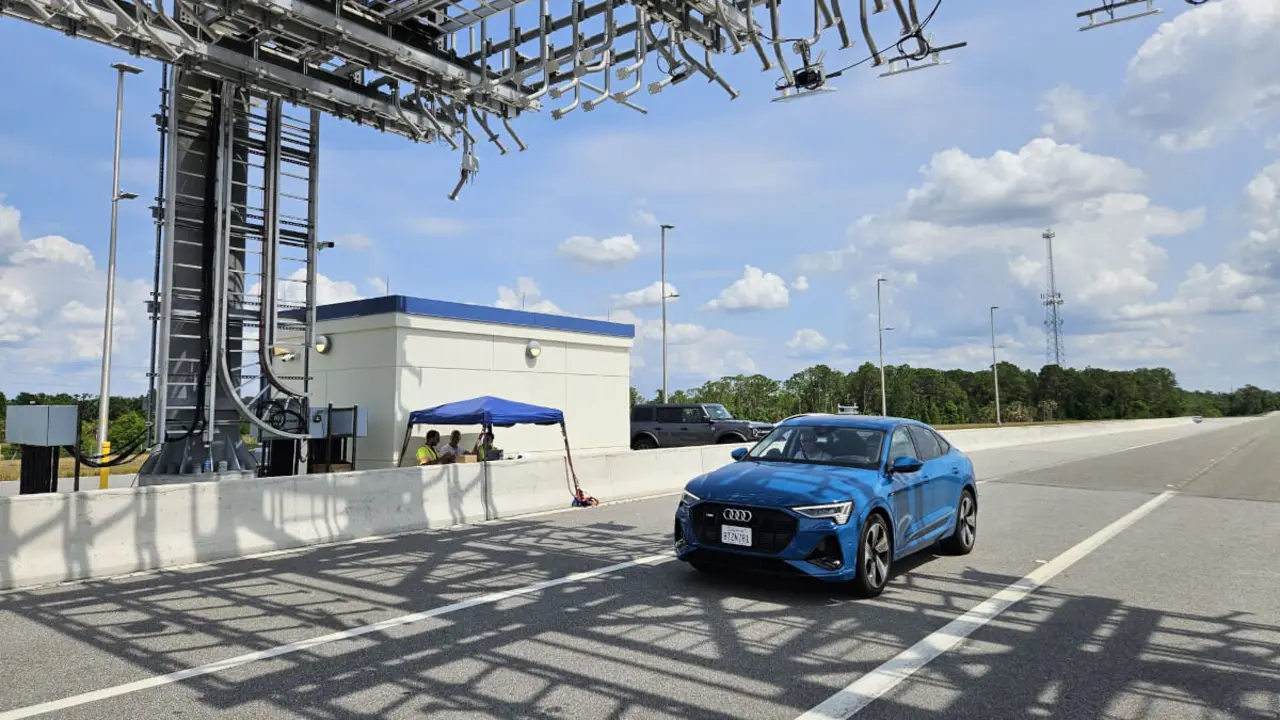Economic consequences of 9/11

9/11 had numerous global political and military consequences, beyond its devastating human cost. However, despite what one might initially think, its economic effects were not overly severe compared to those experienced after the 2008 financial crisis or the outbreak of the COVID-19 pandemic.
The US economy was already suffering from the aftermath of the bursting of the dotcom bubble in mid-2000 and the terrorist attacks added further damage to the US economy.
The first impact was felt in the New York stock indices as panic selling fever set in. The plunge was such that the authorities had to suspend trading until 17 September, the longest shutdown since the Great Depression.
The companies whose stocks suffered the biggest falls were airlines, with plunges of 40% (including American Airlines and United Airlines, whose planes hit the towers), and insurance companies. However, US stock markets recovered quickly, returning to pre-attack levels in November.
The US economy is characterised by resilience and, despite such a catastrophe, managed to record positive economic growth of 1% in 2001. This was obviously a significant slowdown of 3 percentage points compared to the rates of previous years, but it was not a recession like those of 2008-2009 or 2020 and growth accelerated in the following years. The US regions most affected were New York City and Arlington, the epicentres of the attacks.
The attack on the Twin Towers was a severe blow to the companies that had their offices there, but also to the small businesses located in Manhattan or near the Pentagon. In addition, tourist activity and hotel occupancy in New York fell below 40 % in the following weeks.
In Western countries, the attacks fuelled a sense of insecurity during the first months: people avoided going out to crowded places, such as shopping malls, and only essential flights were taken. Although trade and tourism were affected, the effects were less severe than during the pandemic.
Both the advanced countries and the global economy saw only a slowdown in 2001 and 2002. Unemployment rates rose slightly in 2001 and 2002, but well below the escalation during the financial crisis or the pandemic.
There were also sectoral winners. Globally, the military industry and security equipment manufacturers benefited the most. Governments and companies invested in strengthening their security systems and developing ever more sophisticated weaponry. The estimated cost of the US-led war on terror has been $8 trillion to date.
President Bush sought to alleviate the economic slowdown by cutting income, dividend and estate taxes, which ultimately favoured the wealthier classes.
In addition, Congress passed an airline bailout fund of some $15 billion and a 9/11 Victim Compensation Fund to compensate the families of the missing and survivors and to prevent them from suing the airlines. Its cost to the government has been about 9 billion dollars.
The Federal Reserve tried to revive the economy damaged by the dotcom crisis and 9/11 with an aggressive monetary policy, based on an intense injection of liquidity through the purchase of debt held by private agents and direct loans to banks. But perhaps the most controversial decision by the Federal Reserve and the other central banks was to cut interest rates sharply and keep them below 2 % during the subsequent economic acceleration.
These low interest rates encouraged household and corporate borrowing, which led to massive house purchases and investment in the stock market. In addition, banks and real estate agencies multiplied the granting of mortgages, even to people lacking financial stability, the well-known subprime mortgages. Poor financial regulation allowed the securitisation of these mortgages and their conversion into complex structured financial assets that were sold around the world.
In a way, the post 9/11 US monetary policy, together with the lack of financial regulation and the irresponsible behaviour of banks and debtors, was the seed of the great recession that would come 7 years later.








